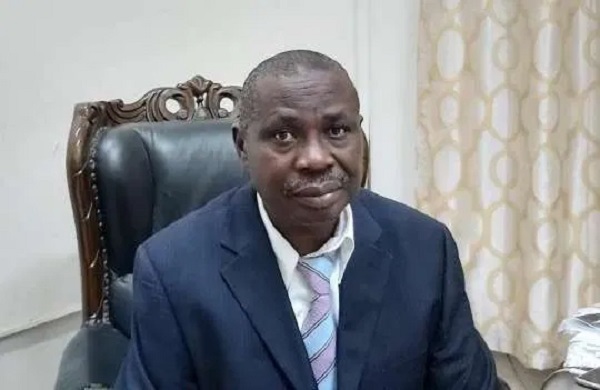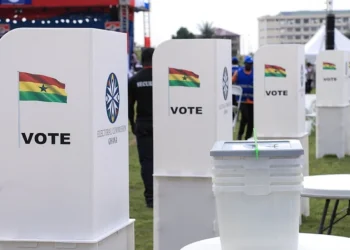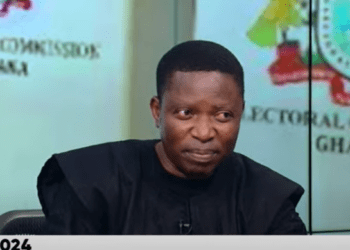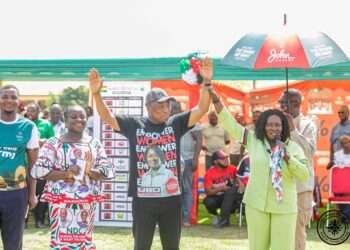Ghanaian contractors have challenged political parties to outline their policies towards the growth and development of the construction industry and indigenous contractors.
They want this properly captured in their manifestos, so that they can hold whoever wins the elections in December 2020 accountable.
President Akufo-Addo has stated that all the 88 district hospitals the NPP government intends to construct, will be done solely by indigenous contractors, while former President and Presidential Candidate of the NDC, John Mahama, is recently reported to have said that he will pay contractors to stimulate the economy.
While speaking in an interview, the President of the Association of Building and Civil Engineering Contractors of Ghana, (ABCECG), Prosper Yao Ledi, welcomed these pledges but noted that it was not uncommon for governments to depart from such laudable promises, after the elections. In effect, Mr. Ledi, therefore, called for clear and implementable plans from the political parties.

“They should tell us what is in their manifesto that will fix the challenges bedevilling our sector”.
The construction sector has been bedevilled with perennial delay in payments, low capacity of indigenous players, complaints of shoddy work, uneven playing field, suspicion of political manipulation and favouritism among others.
Governments have over the years paid lip service to these challenges which appear to be getting worse.
As electioneering campaigns pick up, the contractors want the political parties to move away from mere promises and rather document how they perceive the industry and the plans they have to develop it and support Ghanaian contractors.
Mr. Ledi noted the pivotal role of the construction sector in the economic development of the country and explained that the multi-sectoral nature of the industry makes it critical in job creation, wealth generation and infrastructure development of the country.
“When advanced countries are confronted with a recession, the first sector they turn to, to stimulate economic growth, is construction, because when you touch construction, you literally touch everybody; but unfortunately that cannot be said of our country”.
The President of the Association of Building and Civil Engineering Contractors of Ghana, said with the projection that Ghana’s economy will grow below 1 per cent this year and equally at a slow rate in the medium term, due to the coronavirus pandemic, the county can equally target the construction industry to quicken the recovery of the economy.
According to him, using the construction industry in its current state as a catalyst for the economic recovery will only benefit some foreign contractors with little or no impact on indigenous contractors and the real sector of the economy.
He, therefore, wants a blueprint from the political parties on their plans for them.
Mr. Ledi decried the situation where some construction companies are smuggled into the country to undertake projects, given them an undue advantage, even over other foreign construction companies that are registered in Ghana and with the various associations.
“We have our Class A contractors, who are foreign firms registered with us and are good corporate citizens; but some people cunningly bring in other foreign contractors, who disregard our rules and yet get the big jobs. That is not fair to the properly registered foreign contractors and definitely not fair to us the indigenous contractors”.
Mr. Ledi added that the fortunes of the industry will only change if there are deliberate policies to address the numerous challenges, and urged the political parties to “demonstrate that in their manifestos”.
The President of the Association of Building and Civil Engineering Contractors of Ghana also emphasized the need to pay special attention to indigenous contractors, stressing that “indigenous contractors are very important to the country because unlike others, we retain our earnings in our economy”.
Mr. Ledi said the Association will scrutinize the manifestos of the political parties to decide on who has the most credible plan for the sector and deserve their votes.





















